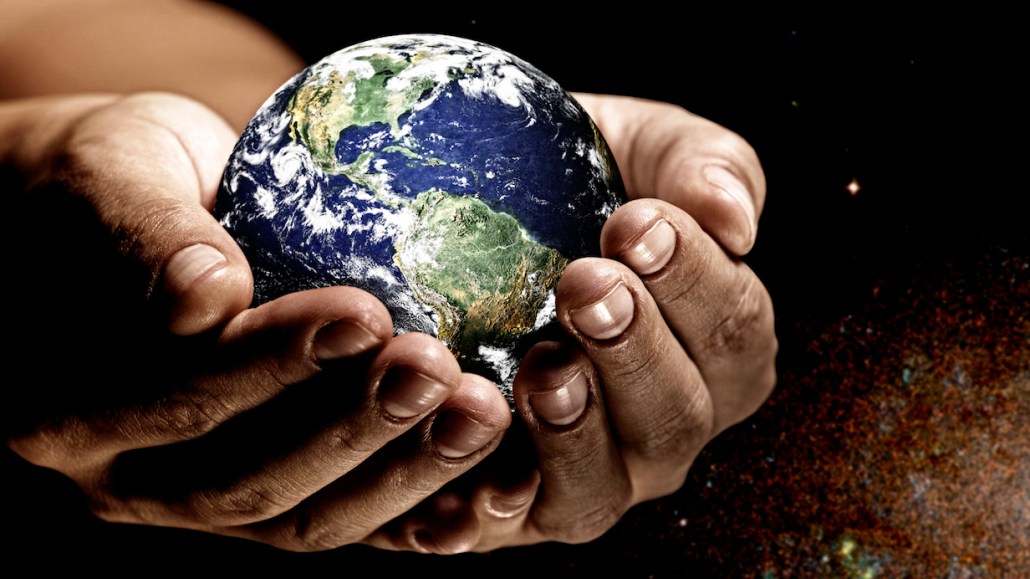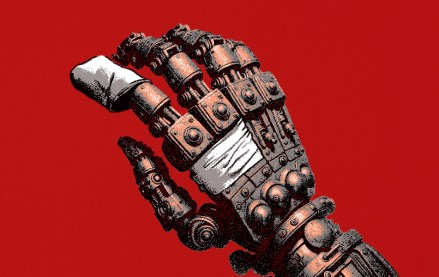Everything is branding: The expanding influence of the CMO

by Alicia Hatch, CMO of Deloitte Digital
Every marketer knows that customer-centric companies are winning in our digital world. If you’re uncertain by how much, take a look at a few numbers: According to Forbes, customers who have the best past experiences spend 140 percent more compared to those who have the poorest past experiences. A Forrester report found that customers mention a good brand experience to an average of nine people, but will talk about a bad one to 16 people. And perhaps most powerful, a study by the Harvard Business Review concluded that those with positive experiences remain customers for 5 years longer than customers with negative customer experiences.
Because of this, companies are competing on experience more than ever: 89% of companies now expect to compete mostly on customer experience, versus 36% five years ago. For marketers, these trends are upending their old adage from “Branding is everything” to “Everything is branding.”
That simple flip of words may seem like just a nuance, but it has huge implications for the modern CMO. In the old days when branding was everything, marketers could focus on their logos, brand spokespeople, advertising, and PR placements – and that was enough. But as digital technology has empowered customers with a stronger, louder voice, we’ve been forced to recognize that they co-create brands based on every interaction they have. That makes everything branding – every experience, every interaction, every touchpoint.
What does that mean for today’s CMOs? Their role is completely transforming and their influence expanding so it touches every detail along the customer journey. Because everything is branding, the culmination of hundreds of little decisions and interactions that can span across dozens of business functions and several partners and providers.
If you’re a hotel chain, thread count is branding. So is hold music, reservations systems, and real-time content. If you’re a retailer, inventory management is branding. So is the loyalty program, long-form video and mobile app design. If you’re a contact lens company, comfort is branding. So is packaging, research and development, and the rewards program. If you’re a software company, employee satisfaction is branding. So is customer satisfaction, product development, and UX. Everything.
And while this expanded perspective can feel overwhelming and out of control, when executed well, the rewards can be exponential. Customers respond to amazing experiences by helping to build the brand – through loyalty, recommendations, advocacy, and even creating their own communities and subcultures with a brand at the center. Digital has given customers the power to share their experiences widely, making (or breaking) your brand along the way.
What’s more, with technology and data on the side of marketers like never before, we can finally show that the value of customer experience also extends far beyond old-fashioned campaign metrics. We can measure the relationship between exceptional customer experiences and how much they help promote your business or how much they spend. That’s real business value – the kind of that will perk the ears of any CEO or CFO.
This is key to how CMOs can elevate their role in the C-suite. When seen as a strategic stakeholder and growth driver of the business, they’ll likely become more successful by providing the insights to serve customers better and inform broader business initiatives that help drive ongoing value.
Brand experience is the new customer experience: Everything is branding. With the tools in hand to build the needed influence and create the right experiences, CMOs can step up as the leader who separates their company from the competition for the long haul.
More from Digiday

Why some publishers aren’t ready to monetize generative AI chatbots with ads yet
Monetization of generative AI chatbot experiences is slow going. Some publishing execs said they’re not ready to add advertising to these products until they scale or can build a subscription model first.

Ahead of Euro 2024 soccer tournament, brands look beyond TV to stretch their budgets
Media experts share which channels marketers are prioritizing at this summer’s Euro 2024 soccer tournament and the Olympic Games.

Google’s third-party cookie saga: theories, hot takes and controversies unveiled
Digiday has gathered up some of the juiciest theories and added a bit of extra context for good measure.





